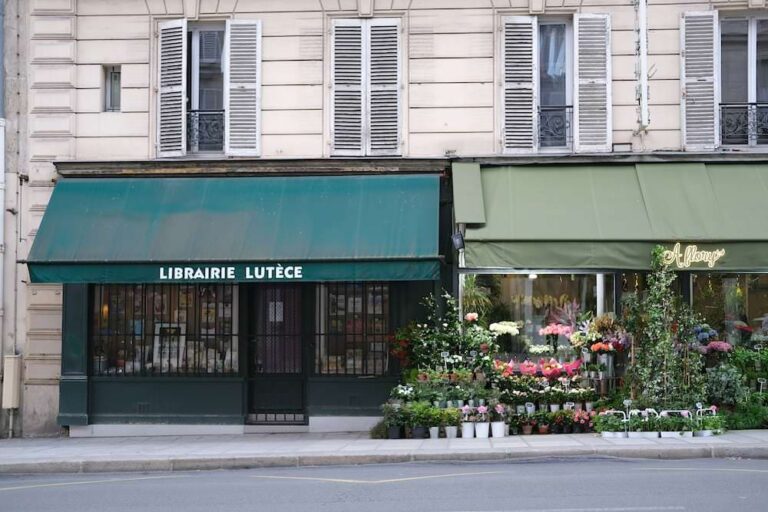sauf
The french word sauf functions primarily as a preposition or an adjective. Its core meaning is “except” or “save for,” indicating an exclusion. It can also mean “safe” or “unharmed” when used as an adjective. Sauf as a preposition meaning “except” or “but” This is the most common use. Sauf introduces an exception to a…





